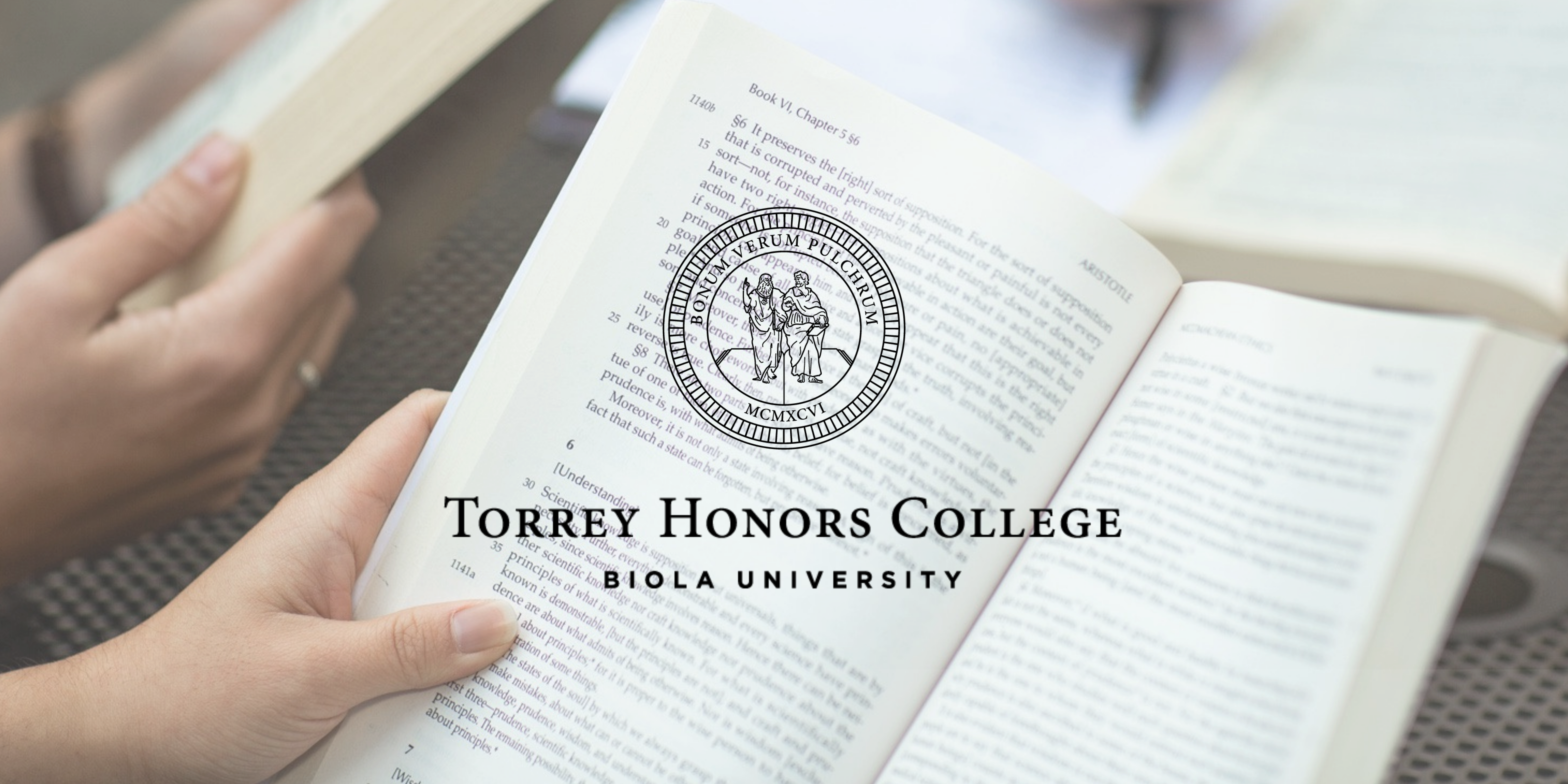These two axioms are very short, and fairly straightforward: Polanus wants to clarify that while the persons are distinguished by relations, this does not introduce composition in any way: the persons are not composed by relations, nor is God composed by relations. Constitution good; composition
Essay / Theology

